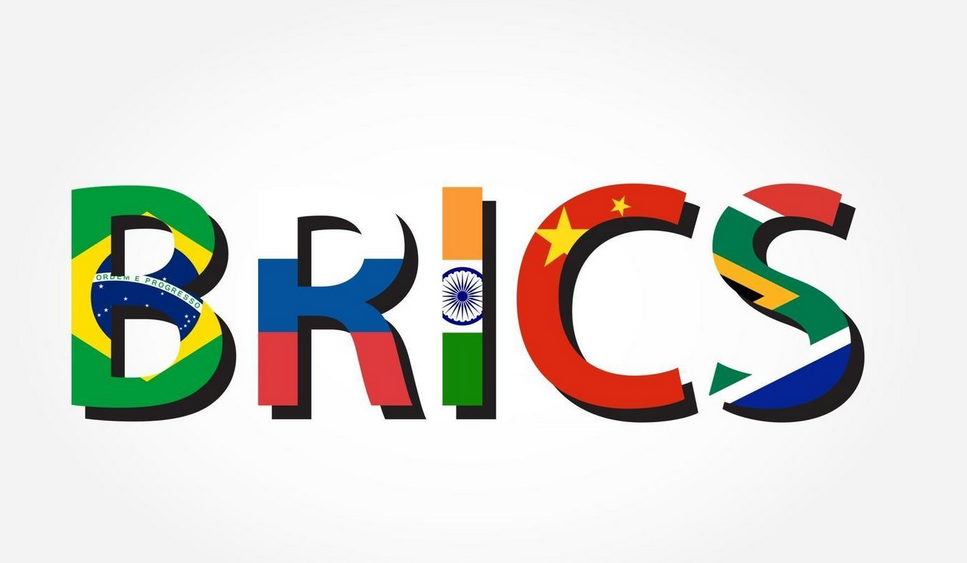ANKARA – In a move that has sent ripples through international alliances, Turkey has officially applied for membership in the BRICS group, signaling a potential shift in global economic partnerships. This application by a key NATO member underscores a growing trend of countries seeking to diversify their international relations beyond traditional Western alliances. The decision comes amid Turkey’s prolonged and unfruitful negotiations for EU membership, suggesting a possible reorientation of its foreign policy priorities.
The BRICS group, originally comprising Brazil, Russia, India, China, and South Africa, represents a coalition of emerging economies that have increasingly asserted their influence on the global stage. The inclusion of Turkey, a nation straddling two continents and boasting a significant geopolitical presence, could significantly enhance the bloc’s collective bargaining power and strategic reach. Moreover, Turkey’s robust economy, which bridges Europe and Asia, offers BRICS a valuable new dimension of connectivity and market access.
For Western nations, Turkey’s bid to join BRICS may be perceived as a challenge to the established economic order. It raises questions about the cohesion of NATO and the allure of Western-led economic institutions. Turkey’s move could encourage other countries to consider similar paths, potentially leading to a more multipolar world where influence is more evenly distributed among various international groups.
The implications for BRICS itself are equally profound. Turkey’s membership would not only expand the group’s geographical footprint but also bring in a NATO ally with considerable military capabilities. This could lead to a nuanced recalibration of the power dynamics within BRICS, as well as its external relations, particularly with the West. Turkey’s unique position could serve as a bridge between diverse economic blocs, fostering new avenues for dialogue and cooperation.
As the world watches closely, Turkey’s application to BRICS reflects the strategic thinking of Turkish President Recep Tayyip Erdogan, who appears to be seeking new partners and opportunities beyond the West. Whether this will lead to a significant realignment or simply an expansion of Turkey’s diplomatic portfolio remains to be seen. – In addition to Turkey, 19 other countries have applied for admission. (zai)

